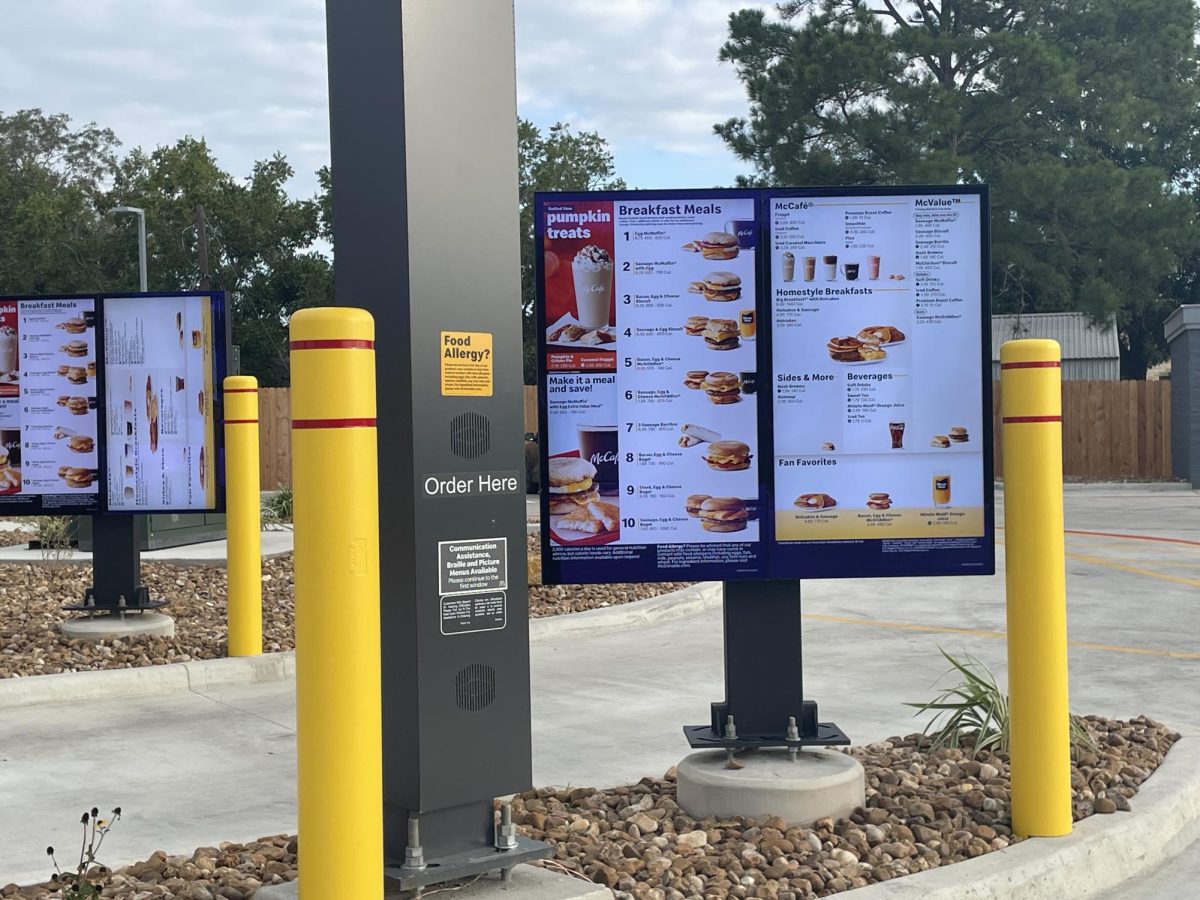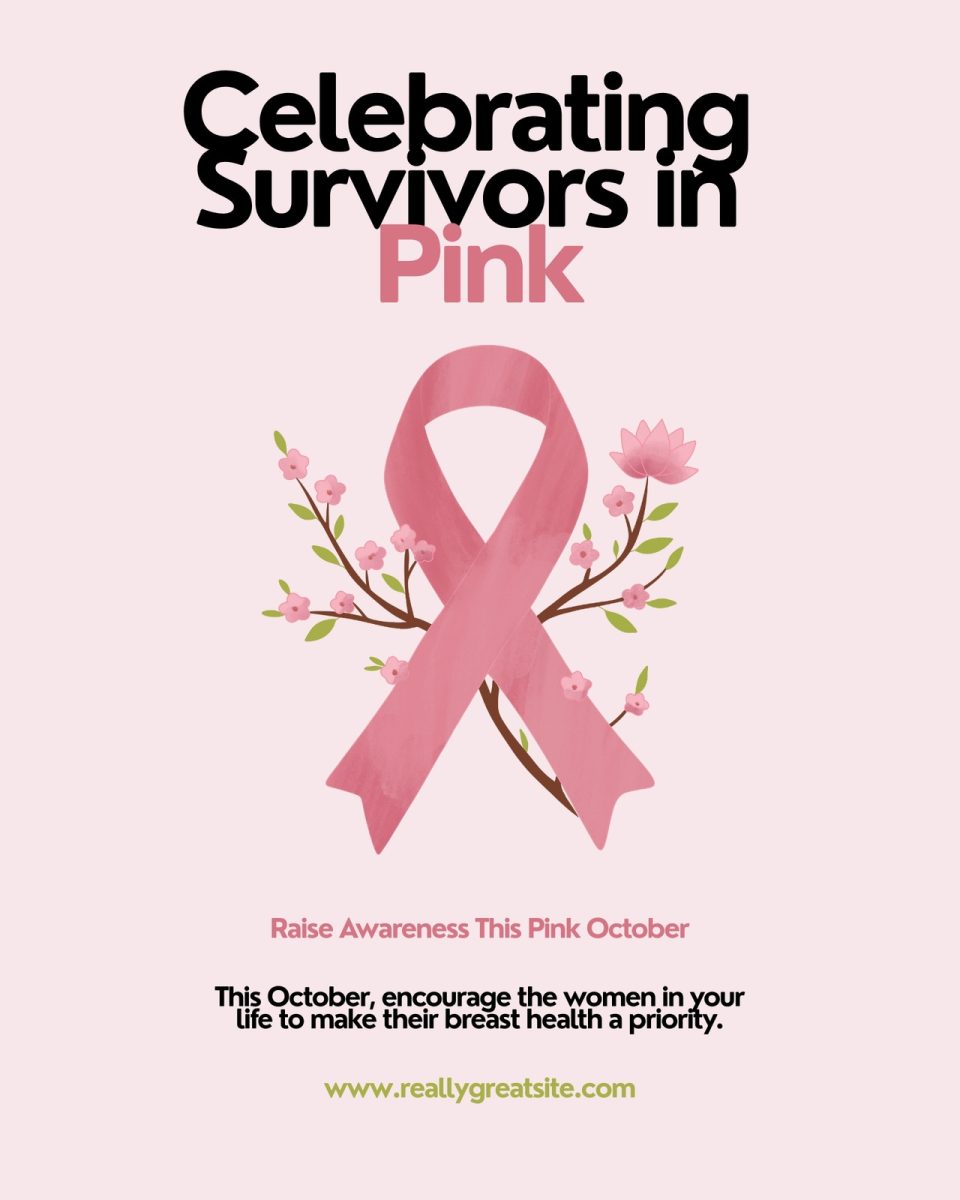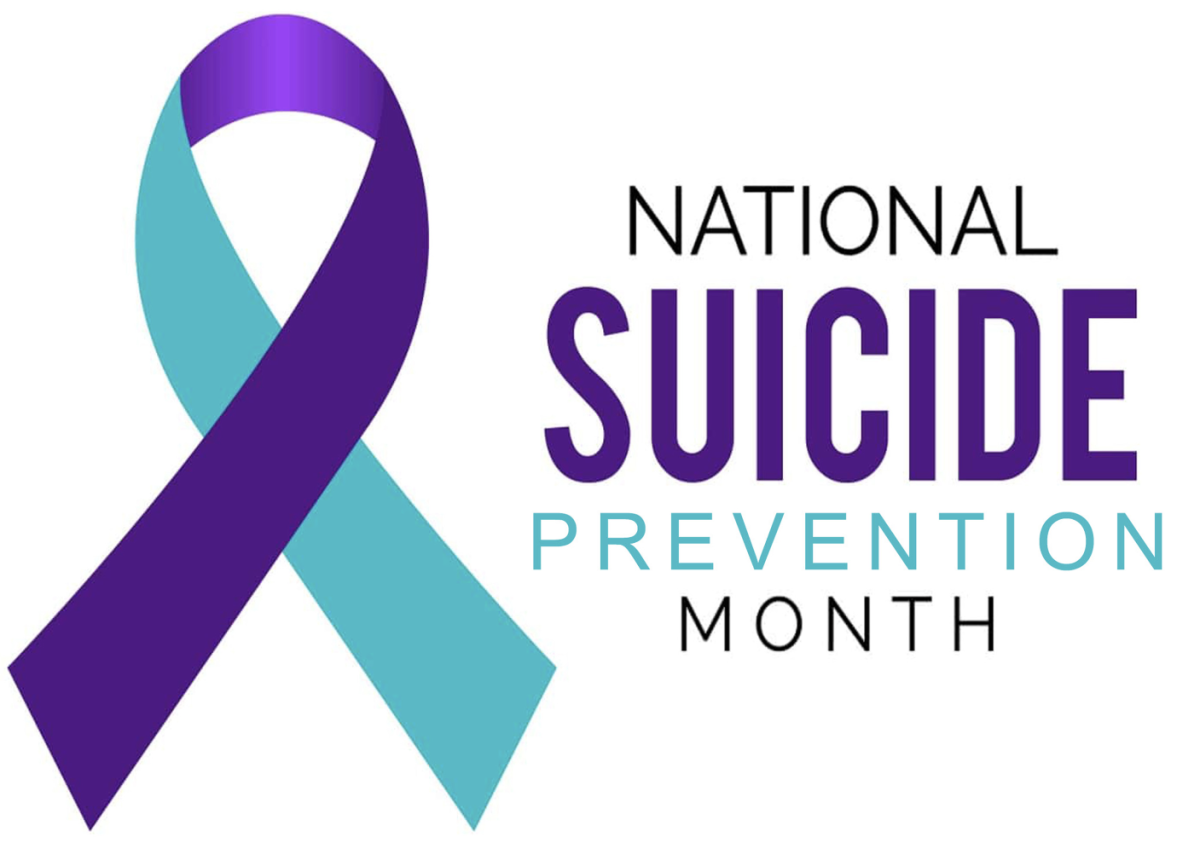Marijuana, opioids, cocaine, heroin; all typical drugs you see on TV or when reading about overdoses, addictions, arrests, etc.. Have you ever thought that maybe the most addictive drug is in your own hand?
Addiction. Let’s set the record straight, the Oxford English Dictionary textbook definition of addiction is, “The state of being dedicated or devoted to a thing, esp. an activity or occupation; adherence or attachment.” So the real question is, am I addicted?
We live in an age controlled by technology—specifically, phones. The way they make their way into our daily lives is so smooth that many of us can barely remember a time when we didn’t have one in our hand or back pocket. The phone has become so essential that it’s hard to imagine surviving without it. But is it possible to live without? Could this reliance on phones be an addiction?
The Evolution of Technology and Social Media
Smartphones have existed since the early 1990s. However, their significance in our daily lives only grew in the last decade with the advent of social media platforms like Facebook, Instagram, TikTok and X. These platforms have created a constant intake of information, updates, distractions and communication. What started as a way to connect people around the world soon became something more addictive—an endless cycle of checking notifications, scrolling through reels, and feeling validated through likes and comments.
Why do we rely so much on social media? Social media plays into our natural desire for social interaction, validation, and the need to feel connected to others. Over time, the continuous checking of apps triggers a dopamine response, creating a feeling of pleasure and a constant buildup that encourages us to keep coming back for more. This cycle that has led many experts to label social media as addictive.
According to Addiction Center, “The phenomena of social media addiction can be largely attributed to the dopamine-inducing social environments that social networking sites provide. Social media platforms produce the same neural circuitry that is seen in those with a gambling addiction and recreational drug users. The goal is to keep consumers using their products as much as possible.”
The Role of Technology in Modern Life
In today’s world, it’s hard to imagine a day without technology. Nearly everything, from communication to entertainment to education, happens digitally. Schools rely on devices to assign homework, post grades, and even teach lessons. But what if someone doesn’t have—or doesn’t want—a phone? What if they choose not to use technology in a world that demands it?
To understand this, we reached out to a few HHS teachers and staff members to ask about their experiences with technology before and after it became a necessity in education.
“I think for the most part it does aid students, but only with proper supervision. Otherwise, it is a distraction,” said HHS teacher Christie Michalcik.
“I do remember the days before technology took over,” said HHS Teacher Claudette Demel. “Technology has its good and bad points. It is much easier to get information now, which is good. However, you have to be careful that the information is true and comes from an accredited source. Back in the day, you had to do research in a library because it had to come out of a reference book, or you had to find it on microfiche. Now the information is at your fingertips, but there is a lot of fake news too. Also with the use of technology, some students no longer know how to write or do math. Why do anything if there is an app to do it for you? But then the question lies, will you be able to get a job without any basic skills. Are you looking to have a manual job or one that uses your brain? Since some students are finding it so easy to cheat in the technological world, they will not be able to handle the demanding skills that college and the job world expects. I worry that we will have less and less individuals that have the skills to succeed.”
The Challenge: Can You Go Without Your Phone for a Week?
Here’s the real test: How many people can go an entire week without their phone or any digital device? The rules would be simple: The only technology allowed would be school-assigned laptops for completing essential assignments. No texting, social media, or browsing. This kind of challenge forces us to disconnect from a world that is in constant need of our attention.
If you’re up for it, document your experience. Did you notice a difference in your mental health? Did you feel disconnected from people? Or did you feel more connected to your surroundings and the people in your life?
Questions to ask yourself of the phone-free week:
- Who did you lose contact with during this time?
- Did you notice any changes in your mental health—did it improve or worsen?
- Did you pick up any hobbies that you usually wouldn’t do?
- Did you spend more time with family or friends during the week?
- Did you find yourself using technology, even though it wasn’t allowed?
- When you got your phone back, how long did it take before you had to check it, and how much time did you spend on it?
- Did you learn anything about yourself during this week? Were you surprised by how difficult or easy it was to disconnect?
These questions, when answered honestly, could reveal much about your dependency on technology—and even how it can compare to having an addiction.
Is Technology the “New” Drug?
By now, we can agree that phones and technology have become essential to our lives. But could this be a form of addiction? As previously mentioned, addiction is the state of being so dedicated to a thing that it consumes your attention and energy. The constant need to check your phone, the difficulty of letting go of them, and the emotional response we get from social media could be seen as a form of addiction.
“I do feel like my phone is an unfortunate, yet intriguing addiction,” said HHS Junior Peyton Pasak. “I struggle with putting it down and I almost feel as if my focus has diminished. I always scroll and it drags me in to where I’m scrolling for 1-2 hours when I told myself I would only look at my phone for 10 minutes.”
“You have a need to continue to scroll and then you realize you’ve been on your phone for hours,” said Junior Aiden Vollmar.

So…Can You Survive Without Your Phone?
So, what’s the takeaway from all this? Is technology the “new” drug of the modern age? The evidence points to yes. Many people experience withdrawal symptoms when they try to disconnect. But whether or not we can truly live without our phones is a personal journey/experience. If you’re up for the challenge, try it for yourself. Can you survive for a week without music, texts, calls, or social media? You might be surprised by what you discover. Will it change your perspective on how addicted you are to your phone?
The experiment is yours to try. Let’s see if you can truly go a week without the constant pull of your phone. Will it affect your life for the better, or will it feel like something you can’t live without?



























